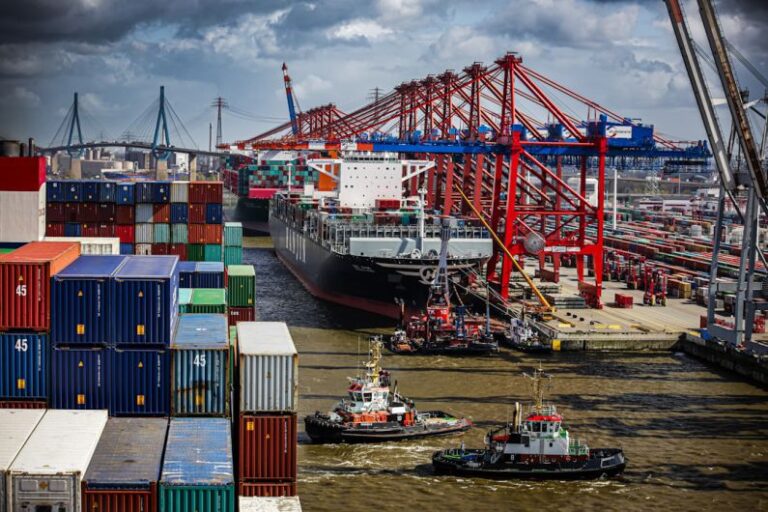The Future of Maritime Transportation
The maritime industry has been a crucial part of global trade and transportation for centuries. As technology continues to advance at a rapid pace, the future of maritime transportation is being shaped by innovations that promise to revolutionize the way goods are moved across the world’s oceans. From autonomous ships to green energy solutions, the future of maritime transportation is set to be more efficient, sustainable, and interconnected than ever before.
Autonomous Ships: Navigating the Future
One of the most significant advancements in maritime transportation is the development of autonomous ships. These vessels, equipped with artificial intelligence and advanced sensors, have the potential to revolutionize the way goods are transported by sea. By removing the need for onboard crew members, autonomous ships can operate more efficiently and safely than traditional vessels. With companies like Rolls-Royce and Maersk already investing in autonomous ship technology, the future of maritime transportation is set to be increasingly driven by automation.
Green Energy Solutions: Sailing Towards Sustainability
In recent years, there has been a growing emphasis on sustainability in the maritime industry. With the push towards reducing carbon emissions and mitigating the impact of shipping on the environment, green energy solutions are becoming increasingly important. From wind-powered vessels to ships that run on biofuels, the future of maritime transportation is set to be more environmentally friendly than ever before. Companies like Maersk and CMA CGM have already made commitments to reduce their carbon footprint, signaling a shift towards a greener future for the industry.
Digitalization: Charting a New Course
Digitalization is another key trend shaping the future of maritime transportation. By implementing advanced technologies such as blockchain, IoT, and big data analytics, companies are able to streamline operations, improve efficiency, and enhance safety. From predictive maintenance to real-time tracking of shipments, digitalization is transforming the way the maritime industry operates. With the rise of digital platforms like ShipServ and Navis, the future of maritime transportation is set to be more connected and data-driven than ever before.
Infrastructure Investments: Building for Tomorrow
As the demand for maritime transportation continues to grow, so too does the need for investments in infrastructure. Ports, terminals, and shipping lanes must be expanded and modernized to accommodate larger vessels and increased traffic. Countries like China and Singapore are leading the way in infrastructure investments, with projects like the Belt and Road Initiative and the Tuas Mega Port set to reshape the maritime landscape. By investing in infrastructure, countries can ensure that their maritime transportation networks are equipped to meet the demands of the future.
Adapting to Change: Navigating Uncertainty
While the future of maritime transportation holds great promise, it also presents challenges that must be addressed. From geopolitical tensions to cybersecurity threats, the industry must be prepared to adapt to a rapidly changing world. By investing in training and education, embracing new technologies, and fostering collaboration, the maritime industry can navigate the uncertainties of the future. With a proactive approach to change, the industry can ensure that it remains resilient and sustainable in the years to come.
In Conclusion: Sailing Towards a New Era
The future of maritime transportation is set to be shaped by innovation, sustainability, and digitalization. From autonomous ships to green energy solutions, the industry is undergoing a transformation that promises to make it more efficient, environmentally friendly, and interconnected than ever before. By embracing change and investing in the technologies of tomorrow, the maritime industry can chart a course towards a new era of transportation that meets the challenges of the 21st century.






